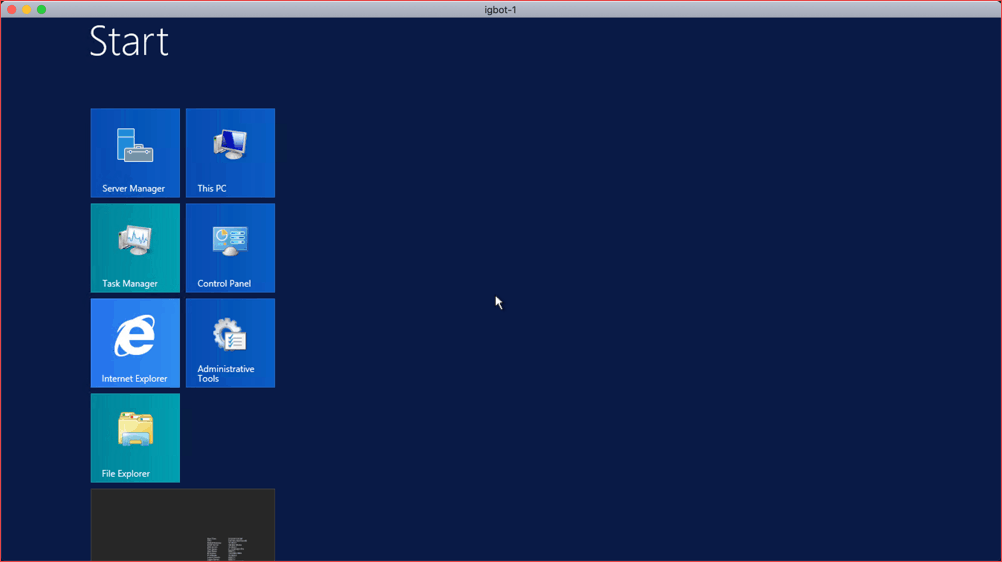
Ĭloud is one of the hottest buzzwords in the tech-powered 21st century. I wrote about this topic last year I want to put my Files in the Cloud. If your on-premise software applications are moving to a SaaS offering, you may be able to entertain moving more of your infrastructure to the cloud as well.

For example, SaaS is what Microsoft has done with Microsoft 365, allowing you to run Microsoft Office, and all the backend servers needed to keep things flowing, from their cloud, for dollars a day rather then $10,000’s of up front capital costs. We are seeing this more and more with Accounting/ERP applications (ie Quickbooks, SAGE, Salesforce, Dynamics 365) and many other industry leading applications. In these cases you don’t need a server to run the software application. Having said that, many Client’s are finding their updated software applications and vendors are transitioning to cloud hosted subscription-based models (Software as a service, or SaaS). This is a routine process these days which we execute for Clients as needed when the time is right. We will of course work with you to verify your licensing compliance. In these cases, we typically create a Windows Server 2019 VM to run the updated applications and then retire your old Windows 2012 Server. If your legacy software applications that require Windows Server 2012 get updated, chances are the new software will work on a more stable and secure Windows Server 2019. This removes the issue of failing hardware, but the Windows Server 2012 operating system will need to be upgraded one way or another in the coming 12-24 months. Most of the 2012 servers left have been virtualized since their original deployment, and run as virtual machines (VMs) on new Host servers.

Windows Server 2012 mainstream support ended in 2018, and extended support has been extended to Oct 2023 from Jan 2023 ( Windows Server 2012 Support Lifecycle Extended), but I would recommend addressing this by the end of 2021.

This is usually to accommodate a compatibility issue with an older application. Most of our Clients are running the current version of Windows Server 2019, but we do have some Windows Server 2012 machines still in use. Are you prepared for Windows Server 2012 End of Extended Support? Have you decided to upgrade or Servers or move your systems to the Cloud? Now is the time to start planning your transition.


 0 kommentar(er)
0 kommentar(er)
